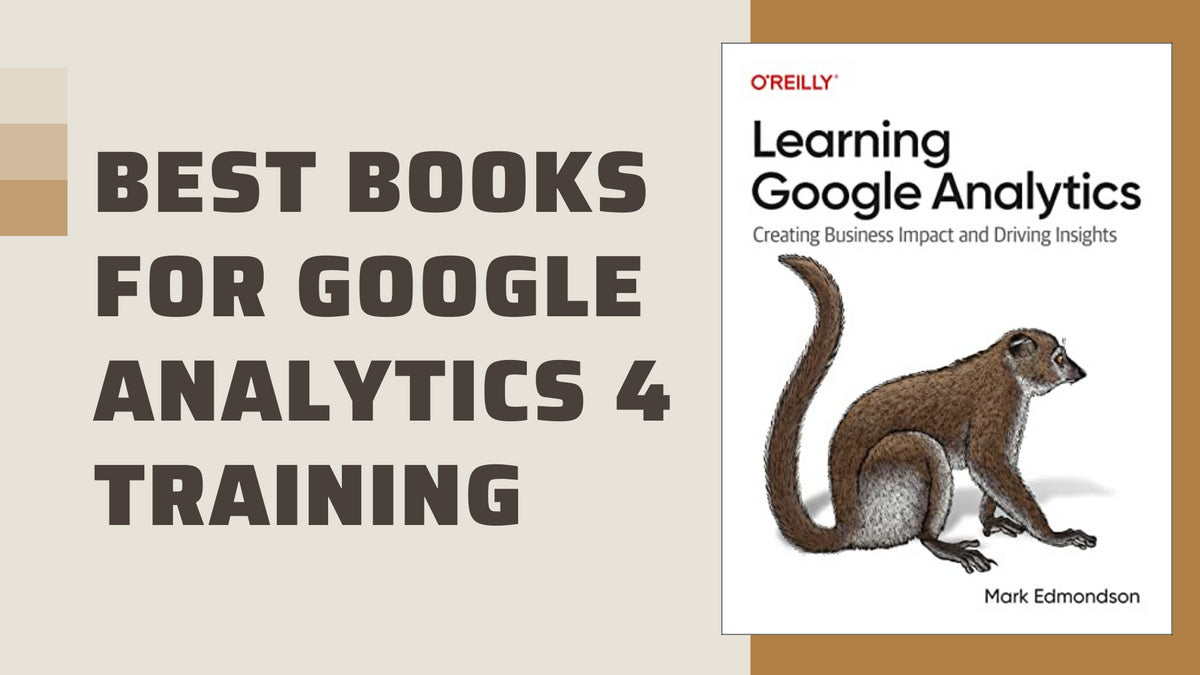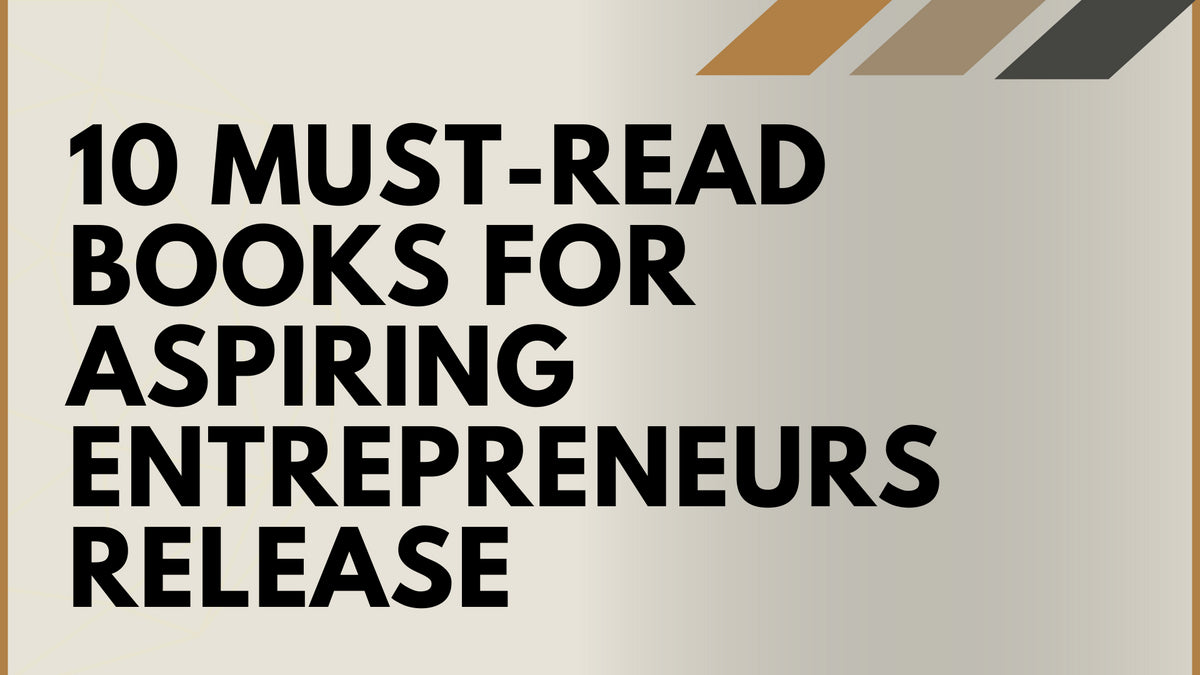Your Cart is Empty
Venture Deals Book Summary: Entrepreneurs And Ventures Capitalists
Listen To This Article
Learn About Venture Capital
Taking a company to the next level requires cash, so many entrepreneurs turn to venture capital as a source of funding. Startups have little current cash flow, and venture capitalists will consider future cash flows to determine if the capital funding makes sense.To land the funding, business owners should fully understand how the venture capital industry operates and how term sheets are used to assess valuation and governance. Startup founders will only get funding through careful selection of a venture capitalist that is a good fit, excellent preparation of a presentation and negotiations leading to mutual agreement on the company’s future valuation and the number of startup shares the investor gets.
Venture Capital And The Finance Of Innovation
- Type of investors and stages of financing
- How to find the right venture capitalist
- How venture capitalists make funding decisions based on a number of factors that include governance and valuation
- The reasons venture capitalists are ideal financiers for startups
- The importance of startup founders understanding the venture capital industry, i.e. source of funds, fees, risk minimization and many other characteristics
- The definition, language and terms and use ofterm sheets
- Type of presentation resources, i.e. elevator pitch, executive summary, presentation, business plan, financial modeling, etc.
- Finding the right venture capital firms to target
- Determining investor stock ownership and how proceeds are shared should the company fail
- Types of venture capital entities and the sources of funding
- Negotiation tactics for increasing chances of success
- Major legal issues to be aware of

Featured In This Review
Venture Deals
$32.49
Startup founders will only get funding through careful selection of a venture capitalist that is a good fit, excellent preparation of a presentation and negotiations leading to mutual agreement on the company’s future valuation and the number of startup shares the investor gets.
SHOP NOWVenture Deals Book Summary
Every startup eventually needs to find new funding as the business grows. Many entrepreneurs turn to venture capital (VC) because traditional bank loans are often not an option. Banks depend heavily on existing cash flow to determine loan eligibility, and VC focuses on future cash flows. If there is recurring revenue like that explained in the book Predictable Revenue, determining future cash flow is much easier. The book Venture Deals delivers sound practical advice on how startup founders can find venture capitalist firms that are a best fit and how to approach them with presentations asking for money.

The first step is understanding the VC industry which is a mystery to many people. Venture capital firms certainly know what it takes to secure funds because they must get their money from limited partners in order to have money to invest in other businesses. The money a VC raises is invested in startups that are focused on future growth and in a variety of business projects intended to grow the business. Innovative companies in the book Competing Against Luck grow because they consistently create products that customers want. It is the type of company a VC is interested in. VCs must manage risks to ensure their investors get good returns.
This is one reason why venture capitalists spread their investments across a variety of startups - to spread risk. Businesses have different operating models. Some plan on growing revenues year after year, and some are like the businesses in the book Small Giants which have rejected endless revenue and profit growth. Both business models are eligible for venture capital, but the business that plans annual growth is a better candidate. Authors Feld and Mendelson explain that startup founders should try to focus on virtual capitalist firms that are not spread thin in terms of investments and on investors that can continue supplying funds. VCs get their capital every 3-5 years from the limited partners, and if the entrepreneur obtains VC funding near the end of a term, the money may not be available when needed.

Term sheets are one of the most important concepts discussed because they are used to evaluate startup valuation and governance. The term sheet is the agreement’s blueprint for discussing how much money is needed and who will make the decisions and stock distributions. Entrepreneurs and venture capitalists have different perspectives on valuations. Entrepreneurs consider “pre-money valuation” or valuation of the business before the investment. Venture capitalists consider “post-money valuation''. It makes a difference because the calculation determines the percent of startup shares the VC gets. The VC will consider whether the business is going to remain a profitable cash cow, because as the book Profit First discusses, a small profitable business can be worth more than a large cash-eating business.
Want to buy a book review like this?
Click here to learn how to get your book reviewed!
AS an example of valuation differences, consider an entrepreneur’s business valued at $10 million. If the VC invests $2 million, the total valuation is $12 million. The VC gets 17 percent ($2 million/ $12 million) of startup shares. The venture capitalist’s post-money valuation gets a different answer from the entrepreneur’s pre-money valuation. The $2 million is divided by the $10 million, so the VC gets 20 percent of the shares. The entrepreneur and the venture capitalist must negotiate an agreement on startup shares and board makeup (governance). The board consists of representatives from the business and investors and an independent board advisor. Of course, the VC is investing and taking shares because of a belief the company will use the money to achieve great and sustained results, which the book Good to Great says requires a culture of discipline, good governance and an ethic of entrepreneurship.

There are a number of terms on the term sheet the entrepreneur should get familiar with in order to have a knowledgeable discussion with the venture capitalists. They include terms like price, fully diluted, liquidity event, participation, vesting, employee pool and anti-dilution, redemption rights, registration rights and many more. Entrepreneurs need to be ready to discuss the Board of Directors, protective provisions like VC veto rights and a drag-along agreement which is the ability to force investors and founders to sell the company. There is an equity capitalization table (cap table) or spreadsheet that shows all the company securities and their ownership, and it also has a set of unique terms. The book Winners analyzed the qualities of people who achieve success, and it comes down to doing what needs to be done. Entrepreneurs do their research and gain an understanding of the VC world because it increases their odds of being a winner.

Determining the best way to approach VCs is another major step. The entrepreneur needs an elevator pitch to get the VCs initial attention, plus an executive summary, a longer presentation and a business plan. The book Built to Sell explores the steps entrepreneurs can take to create a valuable business able to thrive long-term, and that is the type of business a VC is interested in funding. When negotiations begin, it is wise to hire a lawyer who understands the negotiation process and the term sheets in order to get the best deal. Skillful use of negotiation tactics can make or break a deal, but one of the most important negotiating tactics is simply listening to what the VC says. There is, as the book Give and Take points out, a lot of give and take. Feld and Mendelson then explain in greater detail how venture capital funds work.
Authors Feld and Mendelson are thorough in their explanations of sourcing and obtaining venture capital. Both authors have 20+ years of experience as venture capitalists, meaning they share perspectives and knowledge based in reality. Anyone seeking venture capital would do well to read this book.
About The Authors Brad Feld and Jason Mendelson
Authors Brad Feld and Jason Mendelson are two of the co-founders of the Foundry Group and have been involved in hundreds of venture capital deals. Their real-world experience gives readers a rare insider view of how the venture capital decision-making process works.
Brad Feld
Brad Feld attended the Massachusetts Institute of Technology where he earned a Bachelor’s degree in Management Science in 1987. Feld also co-founded Feld Technologies in 1987, a custom software development startup. He attended the MIT Sloan School of Management, earning a Master’s degree in Management Science in 1988. Feld Technologies was acquired by AmeriData in 1993 for $2 million. Feld Technologies had become a major Boston consulting firm.
Feld served as an executive at AmeriData from 1994-1995 where he directed the firm to diversify into software consulting. AmeriData was acquired by GE in 1995. Feld co-founded Intensity Ventures at which he remains a Managing Director. Intensity Ventures helps entrepreneurs launch and operate software companies.
Feld was the Managing Director of Softbank Technology Ventures from 1997-2001 and co-founded Mobius Venture Capital in 2001, serving as Managing Director to this day. In 2006, he co-founded Techstars which supports entrepreneurs around the world with building businesses from ideas to successful business operations. In 2007 he co-founded theFoundry Group which invests in US and Canadian technology companies and venture capital fund managers.
Feld is the chair of the National Center for Women & Information Technology and the Global EIR Coalition. He sits on the board of the Kauffman Fellows, Path Forward and Defy Ventures. Feld is a sought after speaker on topics concerning entrepreneurship and capital investing.
Feld has numerous publications he either wrote or cowrote. They includeStartup Opportunities; Startup Boards; Startup Life;Venture Deals; Startup Communities; and Do More Faster. His most recent book isThe Entrepreneur’s Weekly Nietzsche: A Book for Disruptors.
Brad Feld is active on social media likeLinkedIn and YouTube, where you can find numerous videos in which he talks about best practices for entrepreneurs. Two of his most recent YouTube videos areDecoding Entrepreneurship andBrad Feld on What Nietzsche Can Teach Entrepreneurs.
Jason Mendelson
Jaon Mendelson earned a Bachelor of Arts from the University of Michigan in economics in 1993 and a J.D. at the University of Michigan Law School in 1998. He co-founded SRS Acquiom in 2007, a platform for managing escrows, payments, risk, M&A transactions and more. SRS Acquiom has completed more than $200 billion in merger transactions.
From 2007 to September 2021, Mendelson was an Adjunct Professor at the University of Colorado Law School, co-teaching a Venture Capital class. He chose to semi-retire from venture capitalism as Co-founder and Managing Director ofFoundry Group and Managing Director of Mobius Venture Capital and focus full-time on music beginning March 2020. Prior to working as Managing Director of Mobius Venture Capital, he was an attorney with Cooley LLP, practicing corporate and securities law.
Mendelson is a Board Member of Giving Place, Inc and Techstars. He currently serves as the Executive Chairman of the Beyond Reentry Initiative. He co-wrote Venture Deals, and his next book is titledHow to Be a Lawyer. He has co-chaired the National Venture Capital Association’s General Counsel Group and served on the board as an executive board member from 2009-2013.He serves as the Chair of the Entrepreneurial Initiative Advisory Board and as an Executive Fellow at the Silicon Flatirons Center.
Mendelson discusses venture deals and entrepreneurship on a variety of YouTube videos, likeJason Mendelson on demystifying venture deals and20 Ways to Blow Up Your Company with Jason. He maintains aLinkedIn account. Mendelson has chosen to become a former venture capitalist to pursue his musical career as “Jace Allen” and to serve as Chairman of the Beyond Reentry Initiative.
Want to buy a book review like this?
Click here to learn how to get your book reviewed!
Leave a comment
Comments will be approved before showing up.
Also in Books

The Best Books for Google Analytics 4 (GA4) Training
Unlock the secrets of Google Analytics 4 with our curated list of the best GA4 training books for 2023! Dive deep into actionable insights, master advanced techniques, and lead the digital analytics revolution. Don't get left behind; discover the ultimate resources to dominate GA4. Click now to elevate your skills!
Read More
10 Must-Read Books for Aspiring Entrepreneurs
Do you dream of starting your own business? If so, you need to read this article! We've compiled a list of 10 must-read books for aspiring entrepreneurs. These books will provide you with the knowledge and inspiration you need to turn your dream into a reality. Click here to read the article and learn more!
Read More
Top 15 Books on Personal Finance
Are you looking for a safe and informative place to learn about personal finance? If so, you've come to the right place! This article discusses the top 15 personal finance books on the market, all of which are sure to help you improve your financial situation without any explicit sexual descriptions or that is sexually suggestive in nature or is primarily intended to cause arousal.
Read More